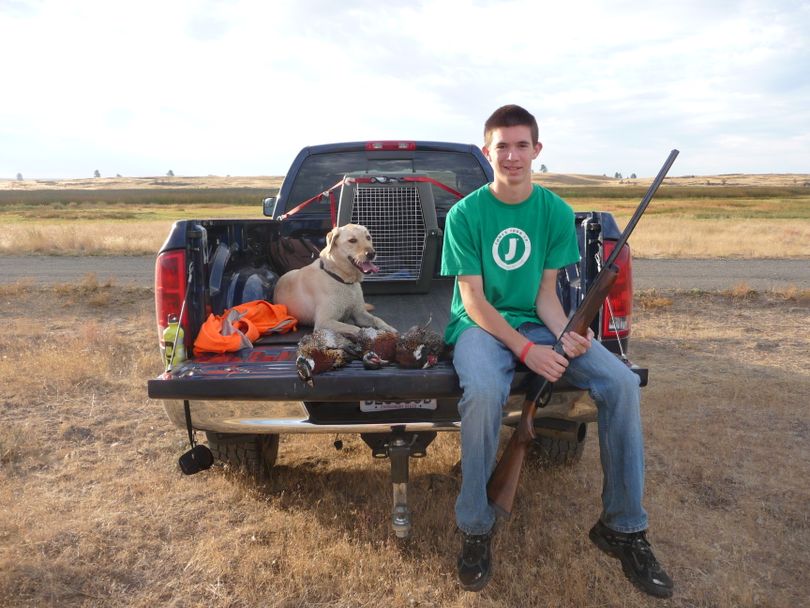New Idaho rules aid disabled and young hunters

HUNTING -- The Idaho Fish and Game Commission recently adopted rules that boost disabled and youth hunters:
- A companion without a tag or permit will be allowed to assist a disabled hunter.
- A person will be able to transfer a controlled hunt tag to a child or grandchild.
Idaho lawmakers directed the commission to develop these rules during the 2012 Legislature.
The commission also adopted rules that become effective January 1, 2013, that will allow a person age 8 and older to participate in a mentored hunting program without being required to hold a hunter education certificate.
Read on for details.
The disabled hunter must have a valid disabled combination license, a disabled archery permit, or a disabled hunt-from-a-motor-vehicle permit and a valid tag.
The companion must have a valid hunting license and applicable special weapon permit but does not need a tag while helping the disabled hunter dispatch, tag and retrieve wounded big game, wild turkey or sandhill crane.
The companion must accompany the disabled hunter while hunting. They are required to be within normal conversation or hearing range without shouting or the aid of electronic devices. But the companion does not need to be accompanied by the disabled hunter to dispatch, tag and retrieve a downed animal wounded by the disabled hunter.
Animals dispatched, tagged, or retrieved by a designated companion do not count against the companion’s possession limit. All other applicable rules governing the taking of game animals apply.
The companion must be designated as such in a statement signed by the disabled hunter. The statement must include the disabled hunter’s name, address, hunting license number, big game tag number and the dates of designation as a companion.
A proxy statement is required if a companion transports a game animal for a disabled hunter. The rules for the companion to a disabled hunter went into effect July 12.
The commission also adopted rules that allow a parent or grandparent to transfer a controlled hunt tag to their child or grandchild under the age of 18 who is otherwise qualified to participate in the hunt. A form provided by Fish and Game must be used to designate the tag, which can only be done at a Fish and Game office, in person or by mail.
The child or grandchild may be designated only one controlled hunt tag per species per calendar year. The transfer must be made before the opening date of the hunt. This rule goes into effect August 1.
In addition, the commission adopted rules that become effective January 1, 2013, that will allow a person 8 and older to participate in a mentored hunting program without being required to hold a hunter education certificate.
A Hunting Passport is a special authorization that allows the person to take wildlife only when they are accompanied by a mentor and participating in the Mentored Hunting Program. They may participate in the program only for one year, and the Hunting Passport expires December 31 of the year it was issued.
A person with a Hunting Passport at least 8 years old may hunt small game and most upland game birds, but a person must be at least 10 to hunt turkey or sandhill crane and at least 12 to hunt big game.
The mentor must be at least 18 and must possess a valid Idaho hunting license, and he or she may mentor no more than two others at a time.
All of these rules are subject of legislative review.
